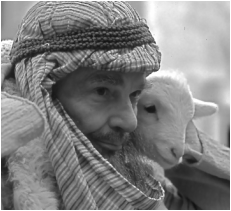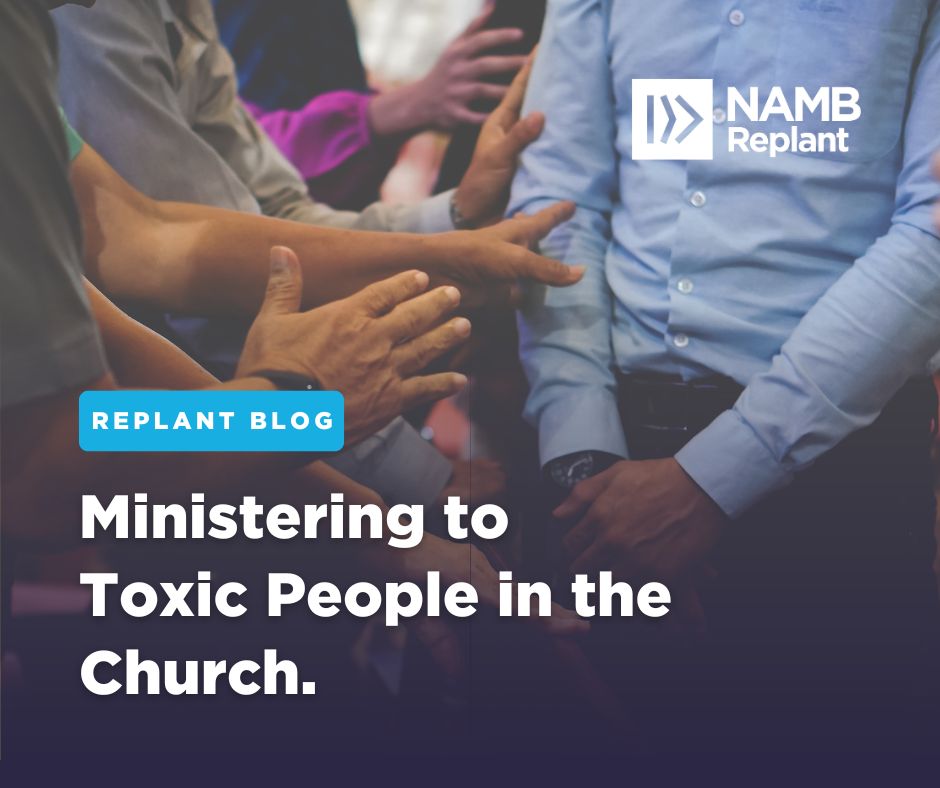If there is one image that we see throughout all of Scripture to describe the role of a pastor, it is that of shepherd. As replanting pastors, we are called to shepherd the flock of God, knowing them, feeding them, leading them, and protecting them with deep love, great patience, tenderness and toughness. This type of leadership could be referred to as visionary shepherding and is the primary work of the replanter.
As mentioned in the previous post, the Bible consistently refers to God’s people as sheep and leaders as shepherds. Ultimately, visionary shepherds are under-shepherds of the Good Shepherd, God himself. In order for visionary shepherds to effectively serve the Body of Christ, God’s sheep, there are four key biblical functions they are called to fulfill and carry out. We will address these four functions over the next several blog posts. For now, let’s begin with the first one…the visionary shepherd KNOWS the flock.
The most basic function and responsibility of the visionary shepherd is to know his sheep. In the words of Timothy Witmer, before a replanting pastor can “provide proper care he must know the identification of the sheep for whom he is responsible. Jesus not only identifies himself as the good shepherd, but also says, ‘I know my sheep and my sheep know me’ (Jn. 10:14).” In the same way, visionary shepherds must know and identify their sheep. David Dickson captures the heart of knowing the sheep as he describes the relationship that should exist between pastors and their flock:
“He must be acquainted with them all, old and young, their history, their occupations, their habits, their ways of thinking. They and their children should be their personal friends, so that they naturally turn to him as to one on whom they can depend as a kind and sympathizing friend and a faithful counselor.”
It is the responsibility of the visionary shepherd to get to know the flock, one sheep at a time, to pursue the sheep and engage people on a regular basis. It is not enough to know the sheep as one massive whole on a macro-level, rather we must work to know each person individually, on a personal level. A good shepherd keeps his eyes and ears open as to what is happening in the lives of individual sheep. Visionary shepherds are attentive to the sheep, knowing their spiritual, emotional, and physical condition that they might be served, cared for, and ministered to in a healthy, biblical manner.
Put it into practice:
Here are a few practical ways a visionary shepherd can work to “know” their sheep in a church replanting context:
#1: To shepherd the flock well in a replant, it is vital to create an effective, sustainable system for keeping track of weekly worship attendance. Many replants do a poor job of this and as a result their shepherding of the flock suffers. When an individual is gone for two consecutive weeks, a visionary shepherd will give a call or send a personal note to those who have been absent. The flock must never wonder if their pastor notices or cares that they are gone. They must know we notice and we care! But if this is to happen consistently, a tracking system must be developed. This must be a top priority for effective shepherd leadership in a replant.
#2: Beyond reaching out to those who are absent, visionary shepherds should make it a goal to make personal contact with each regular attender under their care by phone, email, text, Facebook, or visit once a month for the purpose of personal pastoral care, prayer and encouragement. In a small replant, this is very doable for a disciplined pastor who truly loves their people. In fact it is a joy! As a replant grows, it is vital to train up other elders, deacons, or other leaders who can help carry out this kind of personal shepherding vision and strategy.
#3: To help a team of shepherds follow through on their shepherding commitments, it is important for leaders to lovingly hold one another accountable in their joint efforts of caring for the flock. This should take place at a weekly, bi-weekly, or even monthly shepherding meeting. This meeting should be a time to share joys and concerns pertaining to the congregation, praying together for each of them individually.
#4: It is important when making monthly shepherding calls or visits that shepherds intentionally let individuals know that this is their monthly shepherding call. To create a shepherding church culture, it is vital for the flock to understand and hear regularly of the pastoral commitment to shepherd them well. In this way, the visit or call should always express genuine interest in how individuals are doing, what their current needs are, and what specific dprayer requests they have. Shepherds should expect some of these calls to be short in length, while others may take more time.
,
Published September 15, 2015




